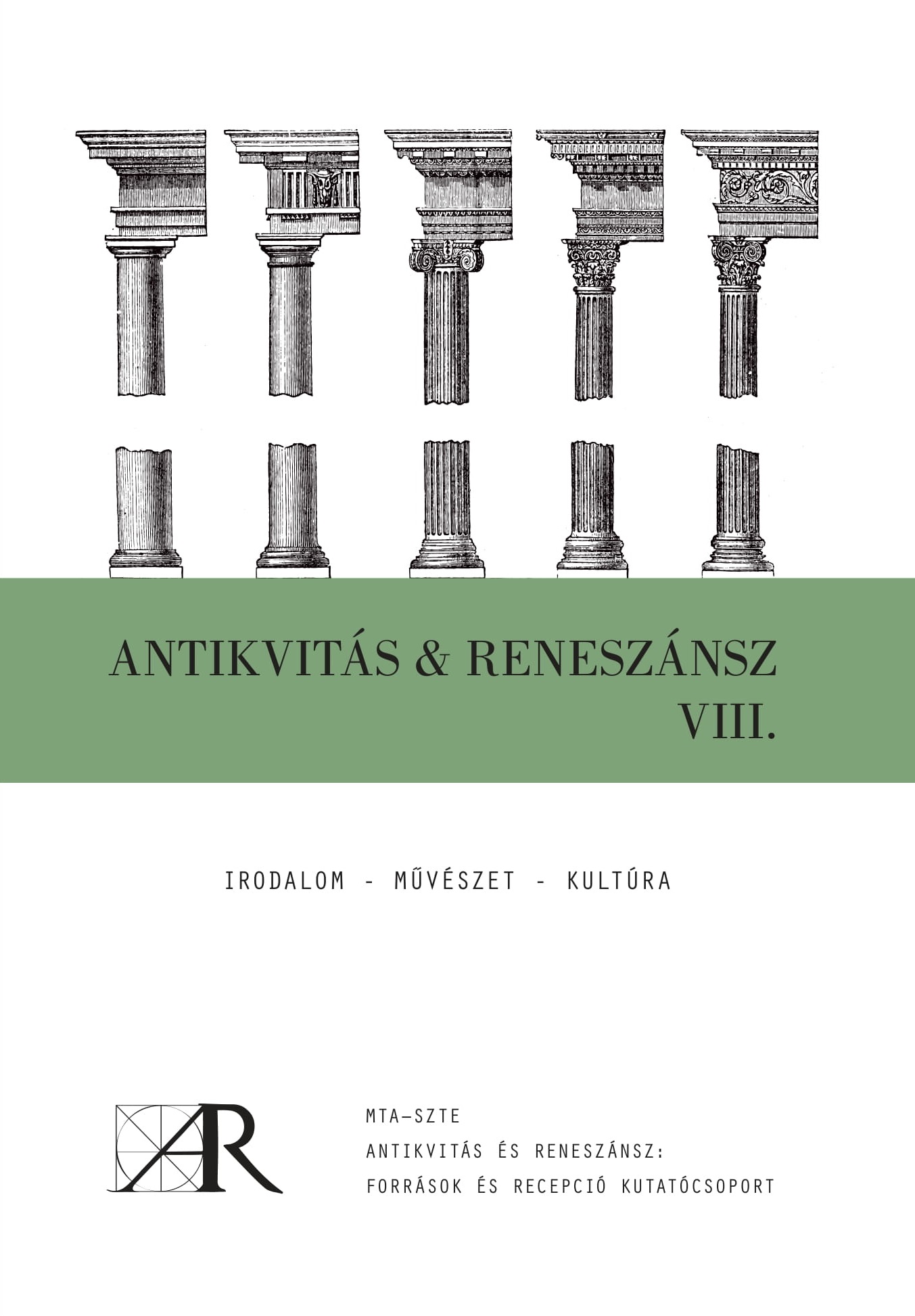„The Last Branch of the Báthorys’ Cedar.” The Role of Humanist Historiography in the Wedding Oration Dedicated to Zsófia Báthory and György II. Rákóczi (1643)
Main Article Content
Abstract
The constitutive idea of the wedding oration analysed in this article is how to overcome differences of rank and religion in a mixed marriage. The relatively fresh princely position of the groom’s family in Transylvania gets proportionally less attention in the text as compared to the two-hundred-years-long position of power of the bride’s family in Hungary and Transylvania. The historical reconstruction of the two genealogies is mainly based on the works by Antonio Bonfini and Johannes de Thurocz. There is also a long quote inserted in the text from Ludovico Tubero’s chronicle, and there is but a hint in it to Stephanus Brodericus’ account of the battle of Mohács. Another important line of argumentation is formed by the flower- and tree-metaphors of genealogical and panegryric value. The oration’s author expects the Catholic bride to convert to Calvinism and to obey her husband in every respect, in order to secure the success of their marriage.
